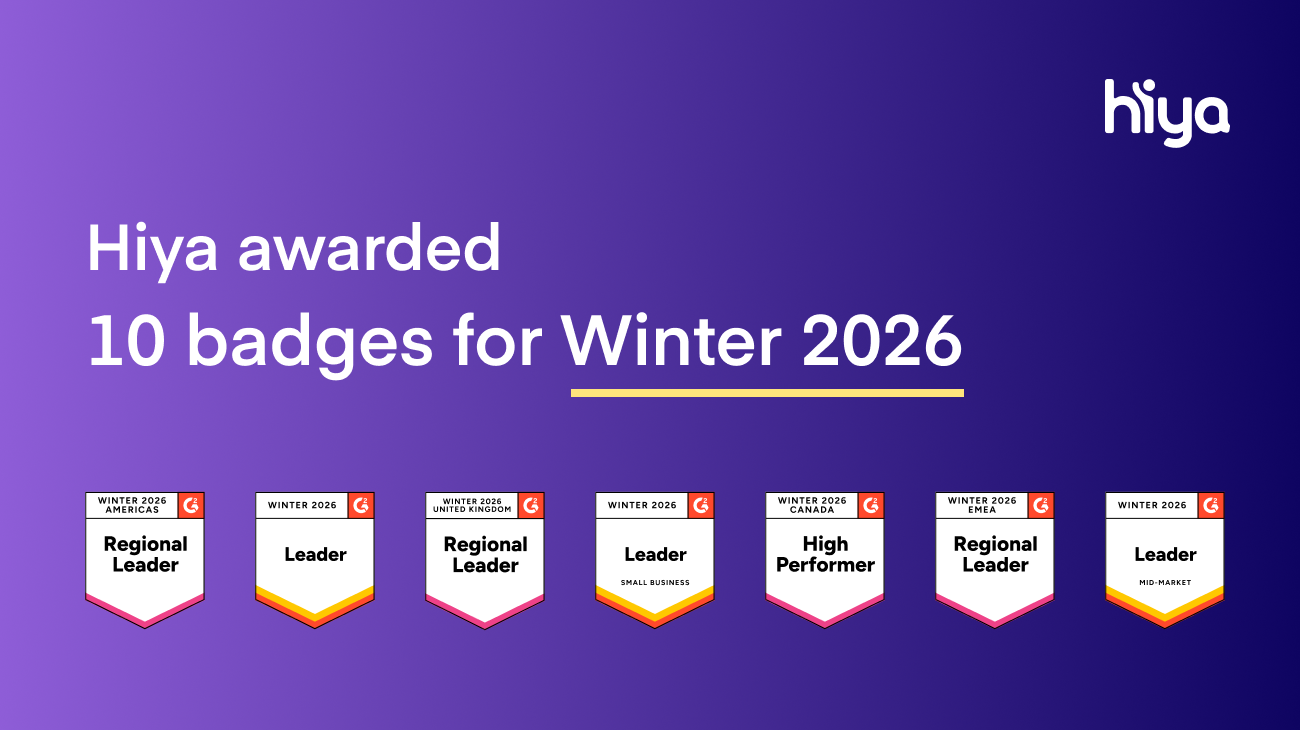
Bad calls are a nuisance for many smartphone users these days. In particular, Americans receive billions of robocalls daily—and that number keeps growing, year over year. Governments, carriers, providers, and enterprises alike are making serious efforts to reduce, control, and halt malicious calls from reaching unsuspecting targets. It’s not an easy job and tangible results appear, in many cases, to be a long way down the road. So what’s anyone doing about it?
The FCC
A primer: The Federal Communication Commission is the federal agency that regulates communications made by way of radio, television, wire, satellite, and cable. As a result, the commission regulates all telecommunications, including robocalls. But regulating these calls is very difficult, as calls are prevalent and difficult to trace, ne’er do wellers often reside outside the United States, and the tactics utilized, as well as technology, is often changing at a very rapid pace.
But on March 17, 2021, a breakthrough was made. On that day, the FCC gave two Texas-based telemarketers a record $225 million fine for making fraudulent, automated sales calls in 2019. In this scheme, the telemarketers used robocalls to “sell short-term health insurance plans,” utilizing household insurance brand names like Cigna and Blue Cross Blue Shield to coerce unsuspecting victims to part with their money; utilizing a robo-dialer, they made over 1 billion phone calls in the course of 5 months. The FCC’s $225 million dollar fine was the largest ever issued in the United States for making unlawful robocalls. A win for consumers and legitimate businesses alike!
Robocall Response Team, and Other Ongoing FCC Efforts
In an effort to continue the crackdown on robocalls, the FCC has also announced the formation of the Robocall Response Team. The RRT is set to coordinate all FCC anti-robocall efforts.
Following March 2021’s record-breaking fine, the FCC launched the Robocall Mitigation Database. With the RMD, voice-service providers are required to inform the agency of any efforts made to mitigate, reduce, and, hopefully, extinguish, the robocall epidemic. Learn more about the Robocall Mitigation Database here.
As a Consumer, What Can You Do?
As for best practices for end users (aka you! The consumer!), the FCC recommends that people don't answer calls from unknown numbers. We know—but what about your dentist who might not have Branded Call? First, try to save phone numbers from known healthcare providers and try to be aware of when you’re expecting (or not expecting!) a call from one. Letting these providers, or a similar type of business, ring through to voicemail and calling them back at a listed number on their website, when possible, is another strategy to maintain safety when engaging with a business over the phone.
Additionally, we recommend utilizing a call blocking too. An extensive list of call blocking tools is available on the FCC's website. Look for Hiya—we’re listed!
But What About Businesses?
While ignoring unknown numbers is a safe way to mitigate risk for individual consumers, legitimate businesses who rely on the voice channel to reach customers suffer when their calls go unanswered. With the voice channel still being the preferred way consumers wish to be contacted by businesses, how does a business earn trust with a consumer that their call is legitimate, even before reaching them?
Easy--an MC. Or, as we like to call it, Branded Caller ID. With Hiya Connect, we’ll make sure your customers know it’s you, a legitimate business, calling each time. We’ll do the work on the front end to guarantee your business the entrance it deserves so that your first point of contact with them comes from a place of trust, not a place of suspicion. To learn more about Branded Call, check out how Penske, one of the nation’s leading truck rental companies, increased answer rates by 100% with Hiya Connect.
In Conclusion…
Whether you are on the dialing or receiving end of the phone, call identification is more important than ever. The FCC is taking steps in the right direction to crack down on fraud via robocalls. In the meantime, whether you’re a consumer, business, or carrier, there are steps you can take to protect yourself from wrongdoers. Check out Hiya’s products here, and let us know how we can take your protection to the next level.

.jpg)

